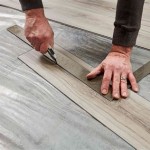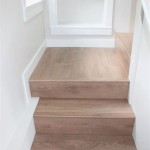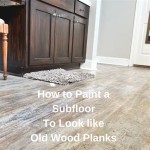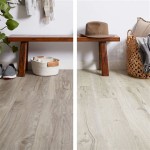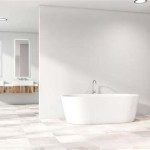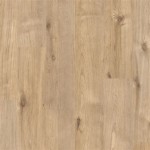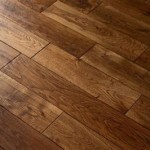Choosing the Best Flooring for Your Basement
Transforming your basement into a functional and stylish living space requires careful consideration, and selecting the right flooring is a crucial aspect. Basements present unique challenges, such as moisture, temperature fluctuations, and limited natural light, which must be addressed when choosing flooring.
This guide will provide you with essential factors to consider when selecting the best flooring for your basement, ensuring durability, comfort, and visual appeal.
1. Moisture Resistance
Moisture is a common concern in basements, especially during high humidity periods or potential flooding. Vinyl flooring, such as luxury vinyl plank (LVP) or sheet vinyl, is an excellent choice due to its waterproof nature. Tile and epoxy coatings also resist moisture well.
2. Temperature Fluctuations
Basements can experience significant temperature swings, from cold and damp to warm and humid. Laminate flooring can expand and contract in response to these changes, leading to buckling or gaps. Tile, vinyl, and engineered hardwood are more stable and can withstand temperature variations.
3. Comfort and Insulation
If you plan to use your basement as a living space, comfort and insulation become important. Carpet provides warmth and sound absorption, but it may not be suitable for basements with moisture issues. Insulated vinyl flooring or heated flooring systems offer comfort and energy efficiency.
4. Durability and Wear Resistance
Basements can experience heavy foot traffic and potential spills or stains. Choose flooring that is durable and can withstand the wear and tear. Porcelain or ceramic tile, LVP, and epoxy coatings are highly durable and easy to clean.
5. Visual Appeal and Style
In addition to functionality, consider the aesthetic appeal of the flooring. Tile comes in a wide range of colors, patterns, and textures, allowing for customization to match your design preferences. Laminate and vinyl flooring offer realistic wood or stone looks at a lower cost.
6. Light Reflection and Brightness
Basements often have limited natural light. Choose flooring that reflects light to create a brighter and more welcoming space. Light-colored tile, vinyl, or laminate flooring can help maximize natural or artificial light.
7. Installation and Maintenance
Consider the installation process and maintenance requirements. Tile requires professional installation, while vinyl and laminate flooring can be DIY-friendly. LVP is easy to clean and maintain, while carpet may require more frequent vacuuming and cleaning.
Conclusion
Selecting the right flooring for your basement is essential for creating a functional, comfortable, and visually appealing living space. By considering the factors outlined in this guide, including moisture resistance, temperature fluctuations, comfort, durability, visual appeal, light reflection, and installation and maintenance, you can make an informed decision that will enhance your basement's functionality and enjoyment.

5 Best Flooring Options For Basements Floors2day

How To Choose The Right Floor For Your Basement Gc Flooring Pros

Best Basement Flooring Options Forbes Home

The Best Flooring Options For Your Basement America

What Is The Best Flooring For Basements Get Pros And Cons

What Are The Best Flooring For Basement In Homes

The Best Flooring Options For Your Basement America

Basement Floor Design Ideas Choose The Best Flooring Solutions For Your

Invision Hardwood Blog Best Flooring For Basements

Lvt Vs Carpet What S Better For A Basement
See Also
